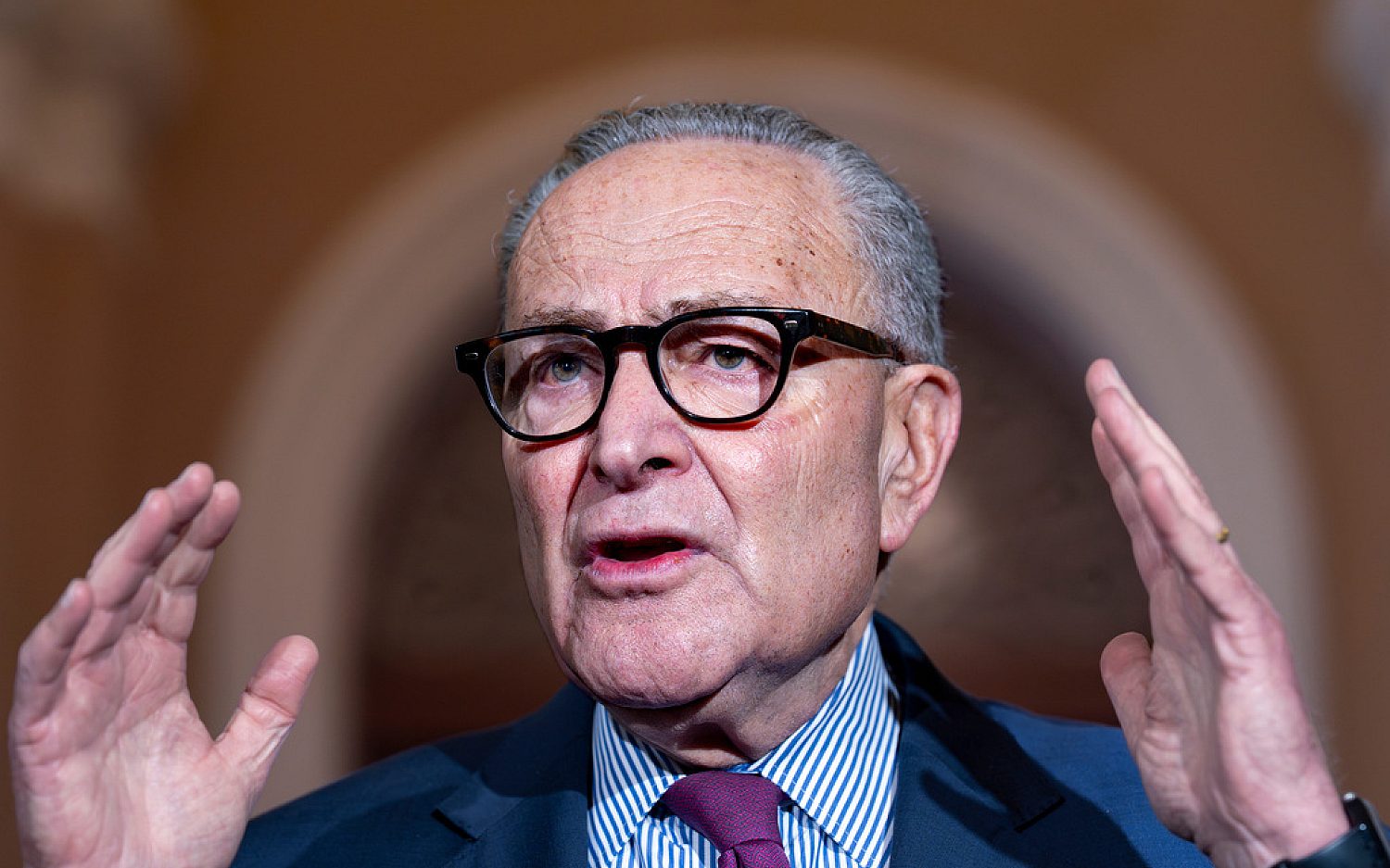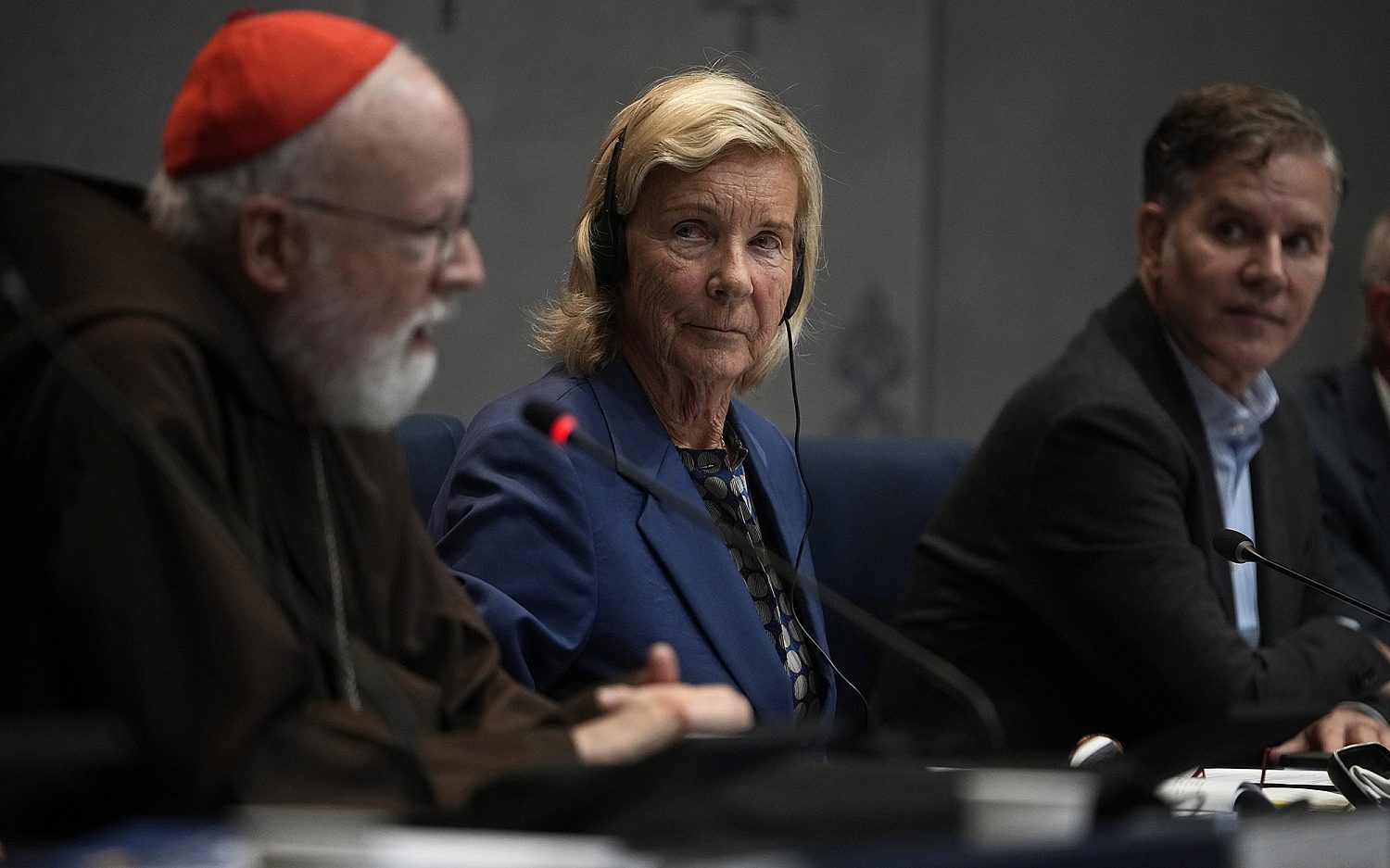Mob instigation
Terror-linked clerics like Omar Bakri push Muslim anger over cartoons with their own agenda in mind
To Muslims the Danish cartoon caricatures of Muhammed might appear paranormal; the face orchestrating the violent reaction, however, is familiar. Omar Bakri Mohammed, a Muslim cleric with ties to terrorists, who fled London last August in fear of a post-7/7 bombing arrest, helped to launch the anti-Denmark demonstrations from his outpost in Beirut after the BBC showed brief images of the cartoons on its evening news bulletin Feb. 2.
Overnight an organization led by Mr. Bakri called al Ghurabaa ("the Strangers"), published an edict against Denmark on its website entitled "Kill those who insult Muhammad." The eight-paragraph declaration condemned the cartoons, along with Denmark's refusal to officially censure them, and concluded: "The insulting of the Messenger Muhammad is something that the Muslims cannot and will not tolerate and the punishment in Islam for the one who does so is death." It remained posted on the group's homepage even after the violence it incited had killed at least five and injured dozens, as followers of Bakri and other radical clerics scorched streets from Iraq to Indonesia.
In Mr. Bakri's Beirut, the largest mob, numbering in the thousands, torched the Danish embassy and later the Swedish embassy. They also lobbed stones at Maronite churches. One person died. Mr. Bakri later told the BBC: "In Islam, God said, and the messenger Mohammed said, whoever insults a prophet, he must be punished and executed," adding, "This man (the cartoonist) should be put on trial and ... executed."
WORLD readers will remember Mr. Bakri from an Aug. 20 cover ("Beyond hate speech"). Scotland Yard tolerated the 47-year-old Syrian-born cleric when he called 9/11 hijackers "the magnificent 19" and struck up a friendship with shoe bomber Richard Reid, but they were less patient when he named London's 7/7 suicide bombers "the fantastic four."
An undercover reporter for the Sunday Times taped hours of Bakri-led meetings encouraging suicide missions before and after the July bombings that killed 52. In one, five days before the attack, Bakri deputy Sheikh Omar Brooks told women and children how to make the weapons and pledged he would not want to die like "an old woman in bed," but "I want to be blown into pieces … with my hands in one place and my feet in another." With new anti-terrorism legislation from Prime Minister Tony Blair to criminalize those preaching violence and endorsing terrorism, Mr. Bakri's arrest seemed imminent. In August he suddenly took a vacation to Beirut, leaving behind his wife, children, and grandchildren. British Home Secretary Charles Clarke moved quickly to banish Mr. Bakri from British soil on the grounds that "his presence is not conducive to the public good."
Many Westerners are wondering why cartoons published last September prompted sudden Muslim furor five months later. During those months Mr. Bakri promised to rekindle his radical rhetoric machines in Beirut but managed to keep his name out of the headlines. But not out of the courtroom. In December a case involving a five-man terror cell went before a Danish court, which quickly ruled to further detain the suspects after prosecutors presented a convincing portrayal of the cell recruiting suicide bombers with plans to carry out attacks in the Netherlands and perhaps elsewhere in Europe. At one point, according to prosecutors, four of the five defendants, along with four recruits, journeyed to London to meet with Mr. Bakri.
This is not the first time Mr. Bakri has been linked directly to intercontinental terrorists. In 1998 he acted as a spokesman for Osama bin Laden, publicizing in the West a letter from the al-Qaeda leader containing four objectives of jihad against the United States. One of them included "bring down their airliners." More recently, he was linked to an April 2003 bombing in Tel Aviv, where a British resident named Omar Sharif tried to detonate himself in an Israeli bar. His companion's bomb did go off, killing three and injuring 65. Mr. Sharif fled the scene but turned up dead in the Mediterranean days later. Police found Mr. Bakri's cell phone number on notes from a lecture on suicide bombing in Mr. Sharif's home in suburban London. In a case also brought to trial late last year, prosecutors gave evidence suggesting Mr. Sharif attended a Bakri-run mosque and was another of his jihadist recruits.
Those two cases suggest an important undercurrent to riots that are certainly about more than cartooning. In the Danish case Mr. Bakri's terrorist comrades may be headed for long jail terms, thanks to the admission of extensive wiretapping and surveillance evidence collected by Danish authorities. In the Sharif case similar evidence, in this instance collected emails, was ruled inadmissible, leading to an acquittal for Mr. Sharif's sister and brother, who in three separate trials stood accused of serving as their brother's accomplice. The sister, Parveen Sharif, was barred from her job as a primary-school teacher for her statements to pupils in support of terrorists.
The calls of Mr. Bakri and other radical Islamic leaders to "kill those who insult the prophet Muhammed" are not so much angry pleas for justice as elaborate coverings to avoid it. They come at a time when lawmakers in the United States, Britain, and across the European Union are in inner turmoil over how to crack down on the terror food chain without destroying everyone else's freedom. The cartoons stirred low-boil boycotts and urban legends until Mr. Bakri and others hand-cranked the jihadist rhetoric machinery last week, seeking to distract authorities in the West from forward motion on new counter-terrorism drives, meaning to invoke sympathy in place of continuing surveillance of known suspects. The Bakris of the Islamic world would rather impose mob rule on their own people than self-government. They would rather incite anger with murderous edicts against pacifistic Danish artists than have the mob fully to confront the oppression and impoverishment and violence it has suffered at the hands of its own leaders.
An actual newsletter worth subscribing to instead of just a collection of links. —Adam
Sign up to receive The Sift email newsletter each weekday morning for the latest headlines from WORLD’s breaking news team.





Please wait while we load the latest comments...
Comments
Please register, subscribe, or log in to comment on this article.